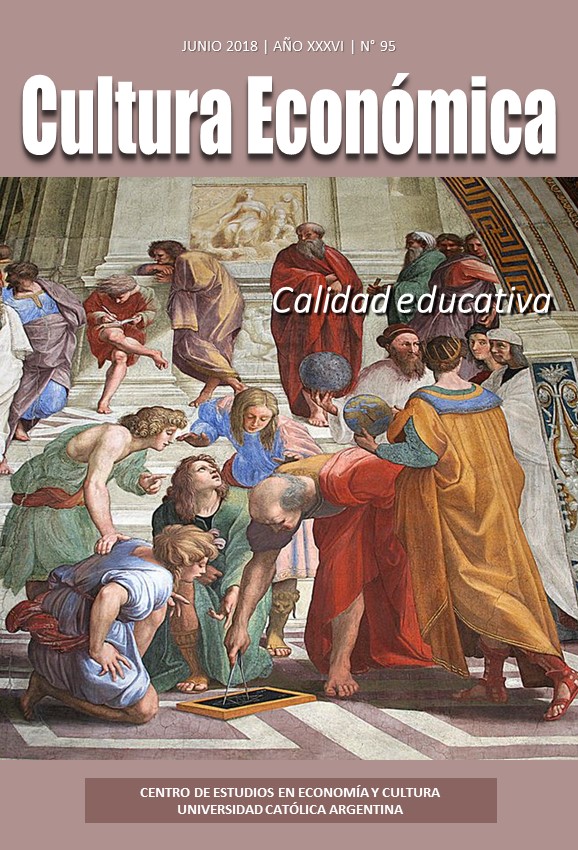Education, Person and Politics. Intuitions and tensions in Paulo Freire
Keywords:
PAULO FREIRE, PERSONALISM, EDUCATION, POLITICSAbstract
In this article we propose revisiting the work of Paulo Freire in dialogue with educational personalism. Throughout his intellectual career we find an element that favors this dialogue, the centrality of the person in Freire’s practice and pedagogical theory. However, we also find an issue that may contradict personalism: the question of the essentially political character of education. Through a philosophical analysis that goes back to the metaphysical foundations of Freirean approach, we will try to determine the viability of the proposed dialogue with personalism.Downloads
References
Freire, Paulo (2015 [1969]). La educación como práctica de la libertad. Siglo XXI, Buenos Aires.
Freire, Paulo (2012 [1970]). Pedagogía del oprimido. Siglo XXI, Madrid.
Freire, Paulo & Antonio Faundez (2014 [1985]). Por una pedagogía de la pregunta. Siglo XXI, Buenos Aires.
Freire, Paulo & Ira Shor (2014 [1987]). Miedo y osadía. Siglo XXI, Buenos Aires.
Freire, Paulo (2014 [1993]). Cartas a quien pretende enseñar. Siglo XXI, Buenos Aires.
Freire, Paulo (2007 [1993]). Pedagogía de la esperanza. Siglo XXI, Buenos Aires.
Freire, Paulo (2014 [2003]). El grito manso. Siglo XXI, Buenos Aires.
Freire, Paulo (2014 [2000]). Pedagogía de la indignación. Siglo XXI, Buenos Aires.
Heinz-Peter Gerhardt (1993). “Paulo Freire”, en Revista trimestral de educación Comparada, UNESCO: Oficina Internacional de Educación, vol. XXIII, n. 3-4, págs. 463-484.
Flora Hillert, Hernán Ouviña, Luis Rigal & Daniel Suárez (eds.) (2011). Gramsci y la educación: pedagogía de la praxis y políticas culturales en América Latina. Noveduc, Buenos Aires.
Downloads
Published
How to Cite
Issue
Section
License













